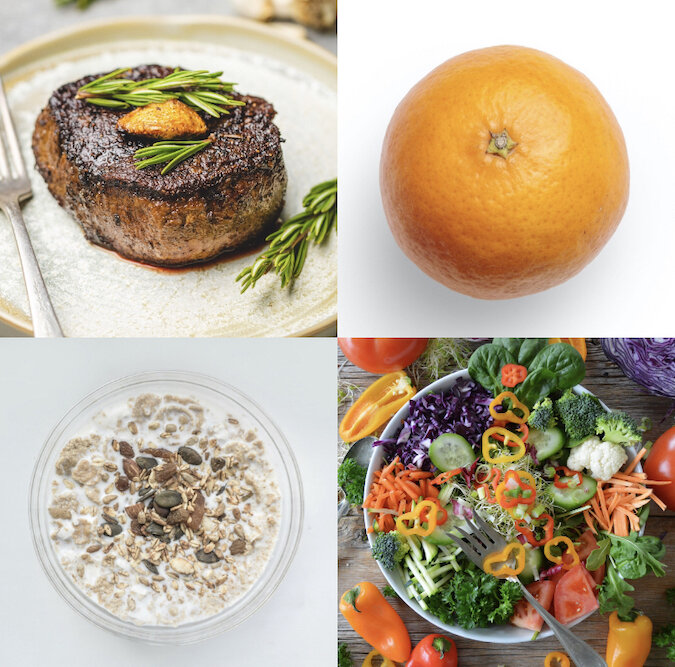Nutrition
When you are trying to "eat for health" and avoid unnecessary toxins and overall unwanted 'nasties' in your diet, it's good to know which foods have higher/lower pesticide residues. The EWG’s lists for 2021 have arrived. What do they tell us and how should we interpret them?
Thanks to a new study, we can now add gut health benefits to avocado’s health-promoting powers. Turns out, regularly eating avo helps keep your gut happy in more ways than one.
You can’t have a healthy body without a healthy mind. How you approach “healthy eating” matters enormously, both in terms of enhancing its effectiveness, but also for safeguarding against it turning into obsession.
Tips for eating for IBD, including the 3 key foods to remove from your diet, and the 3 to start eating more of now!
Keeping hydrated is important for everyone, but especially so during these hot summer months, and for anyone who is losing fluids, whether due to a stomach bug, or as a result of a health condition like IBD. But there’s more to hydration than just drinking lots of water.
It’s easy to get lost in the weeds of which foods are ‘good’ and which are ‘bad’, but every now and then it’s important to remind ourselves of some simple universal basics about food and eating, and how it’s not that complicated after all.
Navigating the many different dietary protocols and the mountains of contradictory dietary information out there can be exhausting! How do you know which is right? By finding what works best for you as an individual, even if that doesn’t fall neatly in line with a dietary ‘label’.
In a nutshell, this book promotes the conscious eating of "real food", as well as low-impact living and is full of all the essential information you could wish for. It is chock-a-block full of solid information and practical advice for being your healthiest self.
A look at the question of fat, saturated fat in particular, and how it has been unfairly painted as ‘the bad guy’ for so long. Nina Teicholz’s “The Big Fat Surprise” walks you through the history of nutritional science, the focus being on the individuals and the ultimately inadequate studies behind the development and promotion of the 'diet-heart hypothesis'.










A food diary is an important and potentially very useful tool to help you become more conscious of what you are eating, get to know your body and its responses, and spot patterns that can be very revealing for your health. Here is all you need to know to get started: what to include, how to track, and how to analyse it all.